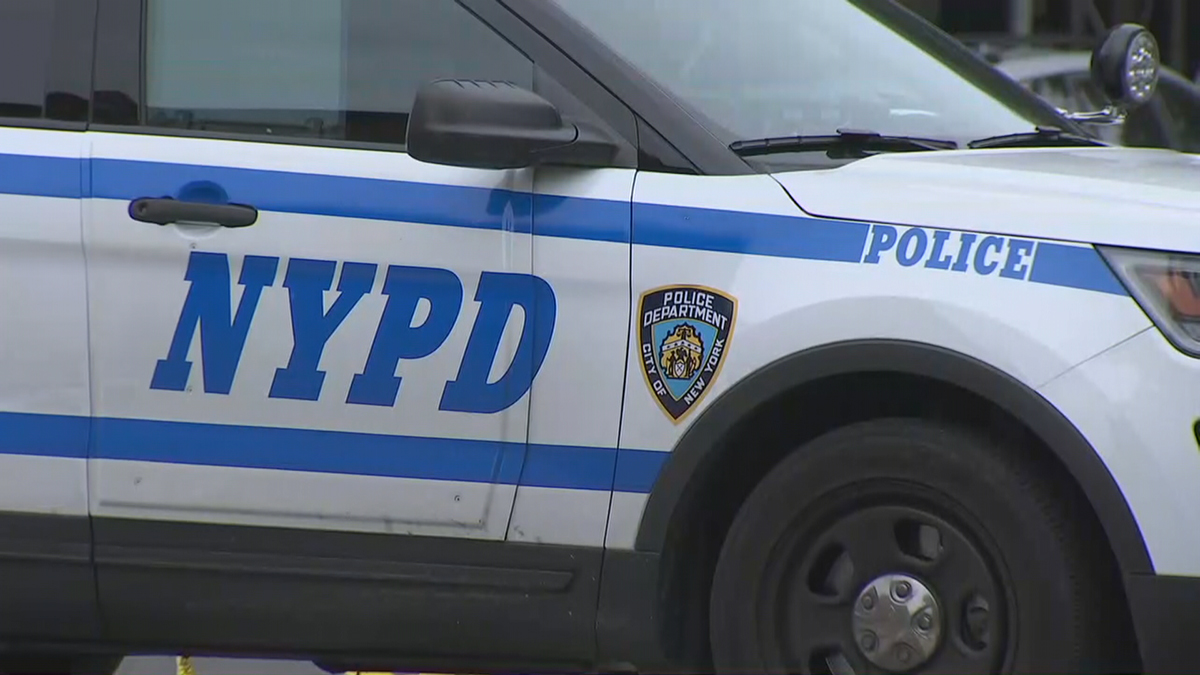What to Know
- New York's Raise the Age legislation got its official start on Monday
- The law calls for most 16-year-old individuals charged with offenses to be tried in Family Court instead of adult criminal court
- Next year, the law will extend to 17 year olds
A state law that takes most 16-year-olds charged with offenses out of the adult criminal justice system went into effect on Monday, the first part of legislation that raises New York's age of criminal responsibility to 18.
New York passed the Raise the Age legislation last year, the next-to-last state in the U.S. to decide to stop automatically prosecuting 16- and 17-year-olds as adults. The first part of the law went into effect this year, and it will expand to cover 17-year-olds in October 2019.
Under the legislation, 16-year-olds charged with misdemeanors would have their cases tried in family court proceedings. In the case of felony charges, nonviolent felony charges would start in a new section of criminal court known as the "youth part" and then get sent to family court unless there are "extraordinary" reasons to keep it in the criminal court.
Those charged with violent felonies could possibly get sent to family court, but would remain in criminal court if they caused significant physical injury to someone, used a weapon or took part in criminal sexual activity.
The law also impacts juvenile detention, no longer allowing these teens to be housed with adults. Instead they are to be housed in the same types of facilities as other juvenile detainees. On Monday, New York City Mayor Bill de Blasio announced all 16- and 17-year-olds had been moved off of Rikers Island, the city's jail, to dedicated juvenile facilities with access to social services.
"Kids will be treated like kids instead of adults," de Blasio said. "This is an historic moment for criminal justice reform."
Local
The move hasn't come without contention, as the city's correction officer union protested against its members being sent to watch over teens in juvenile facilities, which is part of the city's transition plan for the next 18 months.
The state law came after several years of effort from criminal justice reform advocates, who said treating young people who are still growing up as adults for criminal justice purposes led to more recidivism.
Gov. Andrew Cuomo said the state was "once again proving that we are the progressive beacon for the nation. In New York, we will never stop fighting for a more equal and more just society for all."



